Review of Hitchcock Collection, The: 7 Disc Box Set
Introduction
Forgive me for stooping to the obvious here, but the fact remains the same: Hitchcock needs no introduction. His pantheon of classic films is second only to his waist-line in cinematic history: from his indelible visual style to his bleak world-view, he may be the greatest example of the ‘autuer’ in American cinema, and this 7-disc box set presents a handful of the classics that gave him this title. From the voyeuristic suspense poetry of ‘Rear Window’ to the broad black comedy of ‘The Trouble With Harry’, Hitchcock covers an impressive range of themes and genres and always finds time to stick his snout in and offer a unique perspective on events.
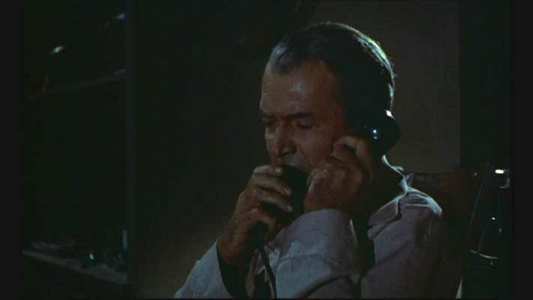
Video
Although none of these discs looks quite as good as ‘Vertigo’ did on its re-release, they have all benefited from the transfer to DVD. ‘Shadow of a Doubt’ and ‘Saboteur’ have never looked better in glorious black and white, and if the colours in latter films like ‘The Man Who Knew Too Much’ and ‘Rear Window’ look a little garish, it’s tempered by the clarity and the detail of the images which are unilaterally impressive. Only ‘Psycho’, as with every other aspect of its disc, pales in comparison with poor contrast and weak definition.
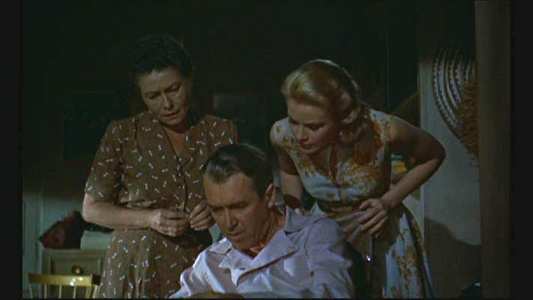
Audio
The only disappointment. Warner’s re-release of ‘North by Northwest’ and the aforementioned (and lauded) ‘Vertigo’ disc had both been remastered for Dolby 5.1, so why not these? In particular ‘Psycho’ and ‘The Man Who Knew Too Much’ with their dramatic sound design would have benefited from a remastered surround sound audio track. Of course, the mono tracks on each disc are serviceable enough, it’s just a pity Universal didn’t decide to go the whole stretch.
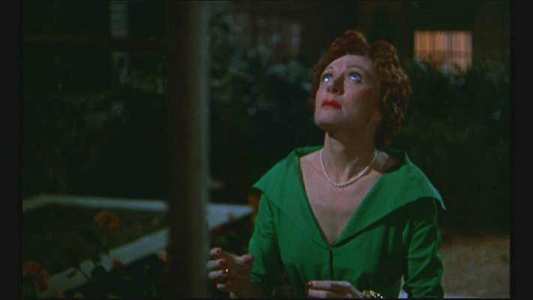
Features
Excellent documentaries on each disc (two on ‘Rear Window’) featuring interviews with lots of wonderful old duffers, waxing lyrical about the genius of Hitchcock and revealing many illuminating insights with the vivid memory only a pre-MTV brain can recall. We also get a trailer compilation, a selection of storyboards, sketches and production art on each disc as well as trailers and multiple language audio tracks. Yet again, the tacked on inclusion of the back catalogue ‘Psycho’ lets the side down with a bare disc including only a trailer, particularly cruel treatment for Hitchcock’s most famous and discussed film.
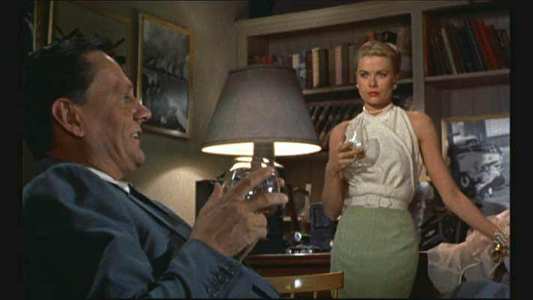
Conclusion
Saboteur:
A set-piece bound refresh of ‘The 39 Steps’, shrink-wrapped and given a then prescient slab of WWII patriotism for extra depth and resonance. As a result, the production is ever so slightly anonymous when it comes to the tributaries that link the show-stopping set-pieces. But they, as ever, deliver the goods (in particular the Statue of Liberty set conclusion, an obvious precursor to the Mount Rushmore sequence in ‘North by Northwest’.) And if Priscilla Lane and Robert Cummings are vaguely bland in the leads, Norman Lloyd’s insidious villain more than makes up for it.
Shadow of a Doubt:
Creepily funny and suspenseful tale of a misanthropic sociopath (Joseph Cotton) who flees his city-bound troubles to bed down with his homely small-town family. Filled with a stark modernity in terms of characterization and production design (rarely had female characters been rendered with such depth in Hitchcock’s films, and the realism of the sets gives suburbia a repressed seediness). This is Hitchcock’s first masterpiece since ‘Rebecca’, filled with chilling calculation, human dimension and a corking ending.
Rope:
A couple of ruthless gay intelligentsia murder a peer and hide his body beneath the hors d`oeuvres during a dinner party, their motive simply killing for the sake of killing and as a mark of their own status as Ubermensch. As a stunt (shot in seamlessly blended 10-minute takes, to give the illusion of absolute visual continuity) it’s claustrophobic but glaringly artificial, but as a suspense pot-boiler, it fires on all cylinders: perversely cruel black humor sits handsomely alongside portentous discussions on Nietzsche and meritocracy. If James Stewart looks vaguely ill-at-ease with the film’s downplayed homosexuality, John Dall and Farley Granger make not only wholly believable cosseted, white-collar killers but are identified as the audience’s soul point of sympathy. A sinister, wholly enjoyable film.
Rear Window:
Another Hitchcock stunt, a suspense masterpiece filmed in one enormous set, so effortlessly crafted that it seems to be perfect by accident. Crippled and wheelchair bound James Stewart peeps at his neighbor’s foibles while battling with conservative girlfriend Grace Kelley, and discovers that Raymond Burr’s wife may not be back for dinner. Not only was it a new watermark for claustrophobic suspense, but one of the most incisive comments ever made about the voyeuristic objectification of the audience’s gaze. Watch in awe.
The Trouble With Harry:
Flagrant amorality (for laughs) in sleepy New England where insolent corpse Harry keeps causing problems for the local inhabitants and their morbid sense of humor. Hitchcock’s first stab at full-blown black comedy is his most British movie in decades. And, incidentally, a bit of a clunker amongst the competition on this set: a misfired story that lunges shamelessly at every bad-dead-guy-gag going, dyspeptic characters that offer little empathy and a rather unsatisfying conclusion. However, clever camerawork, a serviceable script and a dainty score by Bernard Herrman improve things.
The Man Who Knew to Much:
A rather coy suspense melodrama in the ‘bewildered everyman’ mould. Not as perversely sophisticated as ‘North by Northwest’ or as taut as ‘The 39 Steps’ this is still wonderfully entertaining stuff, complete with a Herrman score (and an amusing cameo as, surprise, a symphony conductor) and the legendary Royal Albert Hall assassination set-piece which is more than worth the wait.
Psycho:
What to say? Hitchcock’s savage and gleefully nihilistic send-off to classical cinema, splitting his heroine to pieces in 40 minutes and turning her killer into the hero, ‘Psycho’ is not simply a gut-clenchingly intense horror classic (in fact, much of this reputation has faded away into hollow iconography and endless ironic parody) but as the most acute example of Hitchcock’s gloriously morbid sense of humor.
As the first of two box sets, we can forgive the obvious omissions (‘Vertigo’, ‘The Birds’, ‘To Catch a Thief’) and bask in 703 minutes of reflected glow from one of the cinema’s most inspired talents. It’s not perfect, and it’ll cost you a pretty penny, but go on, bypass the last series of ‘Buffy’ on the HMV shelves and buy this instead. You’ll thank yourself later.
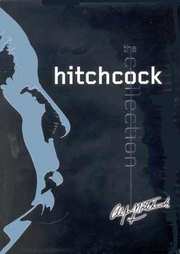
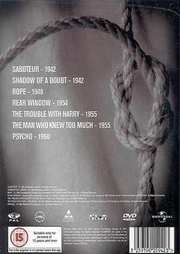




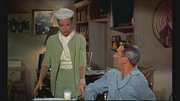
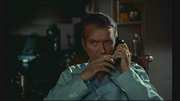
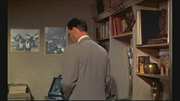
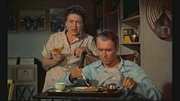
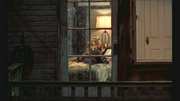
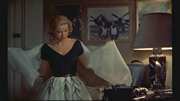
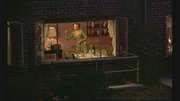
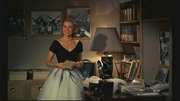
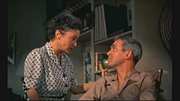
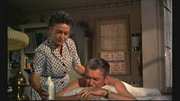
































Your Opinions and Comments
Be the first to post a comment!